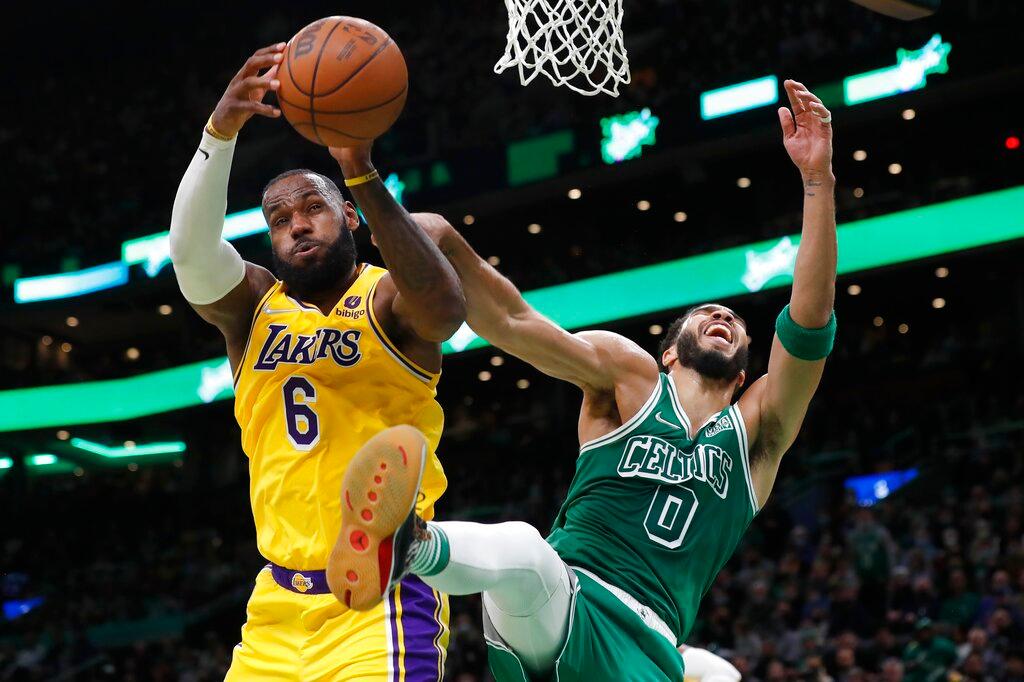Commentary
The greatest athletes of all time, the GOAT’s, could become the G-TOAT’s, the greatest taxpayers of all time under, Build Back Better.

The greatest athletes of all time, the GOAT’s, could become the G-TOAT’s, the greatest taxpayers of all time under, Build Back Better.